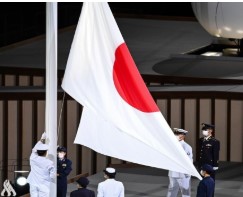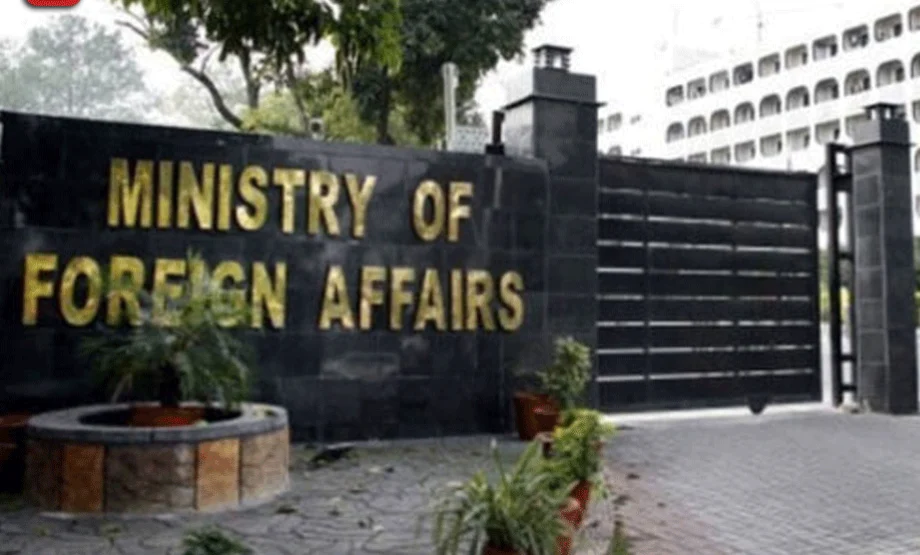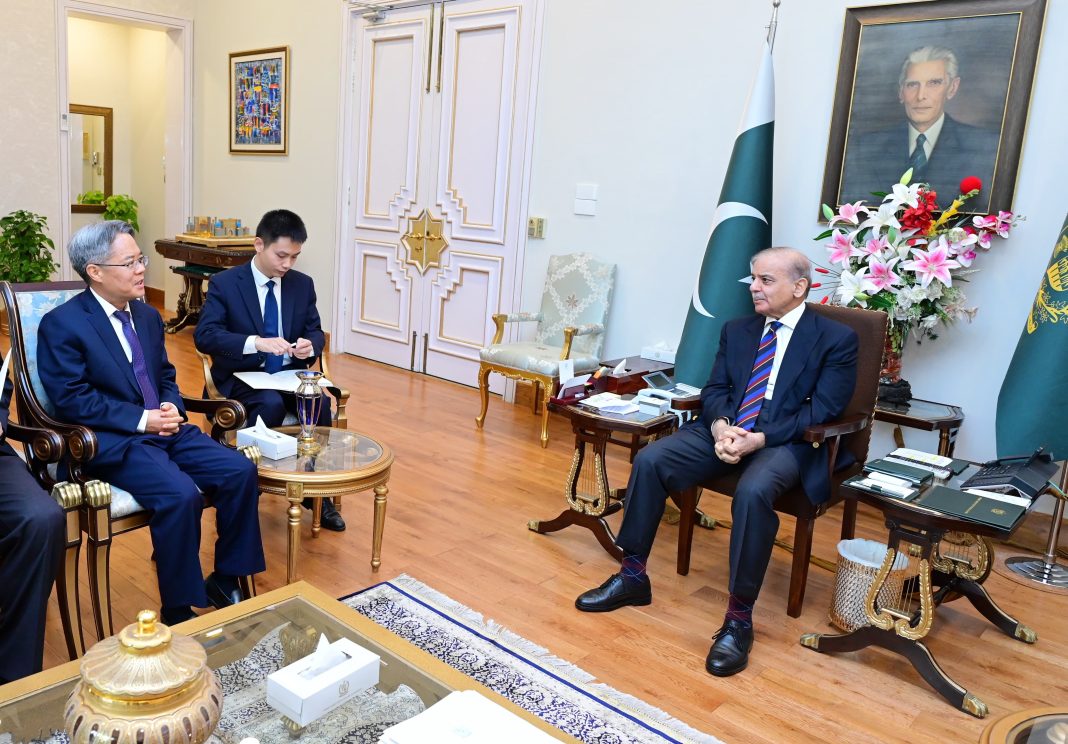
Japan imposes sanctions on 54 entities in Russia and some companies and 11 individuals in 7 other countries
- World News
- January 10, 2025
- No Comment
Japan imposes sanctions on 54 entities in Russia and some companies and 11 individuals in 7 other countries
Japan has intensified its sanctions against Russia, targeting 11 individuals and 54 companies while imposing additional restrictions on entities in multiple countries, according to a cabinet decision announced on Friday. This move marks a significant escalation in Tokyo’s response to Russia’s military actions in Ukraine.
The new measures include freezing the assets of prominent figures such as Deputy Director General of Rostec State Corporation Vladimir Artyakov, CEO of diamond giant Alrosa Pavel Marinychev and Vice President of CMRBank Dmitry Nikulin.
Several organizations critical to Russia’s defense and technological sectors have also been sanctioned, including the Moscow Institute of Thermal Technology, NPO Mashinostroyeniya, and subsidiaries of Almaz-Antey. Industries affected range from arms manufacturing to logistics and banking.
Japan has further tightened its export controls, banning shipments of capsaicin and 335 other items, such as vehicle parts, small motorcycles, and industrial tools, to Russia. The restrictions extend beyond Russia, targeting 22 companies within the country and others in China, Turkey, UAE, Kazakhstan, Kyrgyzstan, and Thailand.
Assets belonging to a North Korean national and Georgia’s MRB Bank have also been frozen, signaling a broader scope of enforcement.
Notably, eight individuals, including **Violetta Prigozhina**, were removed from Japan’s sanctions list. However, the overall impact of the sanctions is expected to deepen economic pressure on Moscow.
These measures reflect Japan’s ongoing alignment with Western nations in opposing Russia’s actions in Ukraine. Russian Ambassador to Japan, Nikolay Nozdrev, condemned Tokyo’s decision, accusing the country of dismantling bilateral relations with its neighbor.
In a December 2024 meeting with Japanese Ambassador Akira Muto, Russian Deputy Foreign Minister Andrey Rudenko stressed that dialogue could only resume if Japan reevaluates its “anti-Russian policy.”
Japan’s latest sanctions underscore its commitment to maintaining global diplomatic pressure on Russia. However, this approach risks further straining relations with Moscow, a historically significant regional player. The extended restrictions targeting third-party countries also highlight Tokyo’s effort to disrupt supply chains and financial networks supporting Russia.
As tensions persist, the effectiveness of these measures remains a subject of international scrutiny, while Japan positions itself as a strong ally in the global response to the Ukraine crisis.







